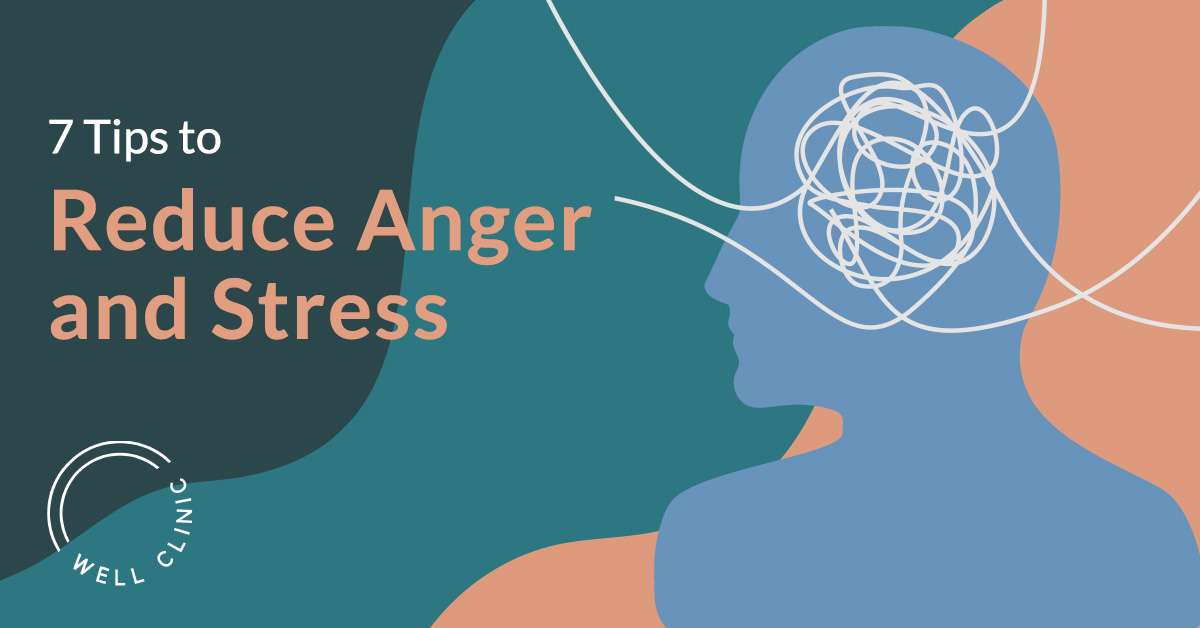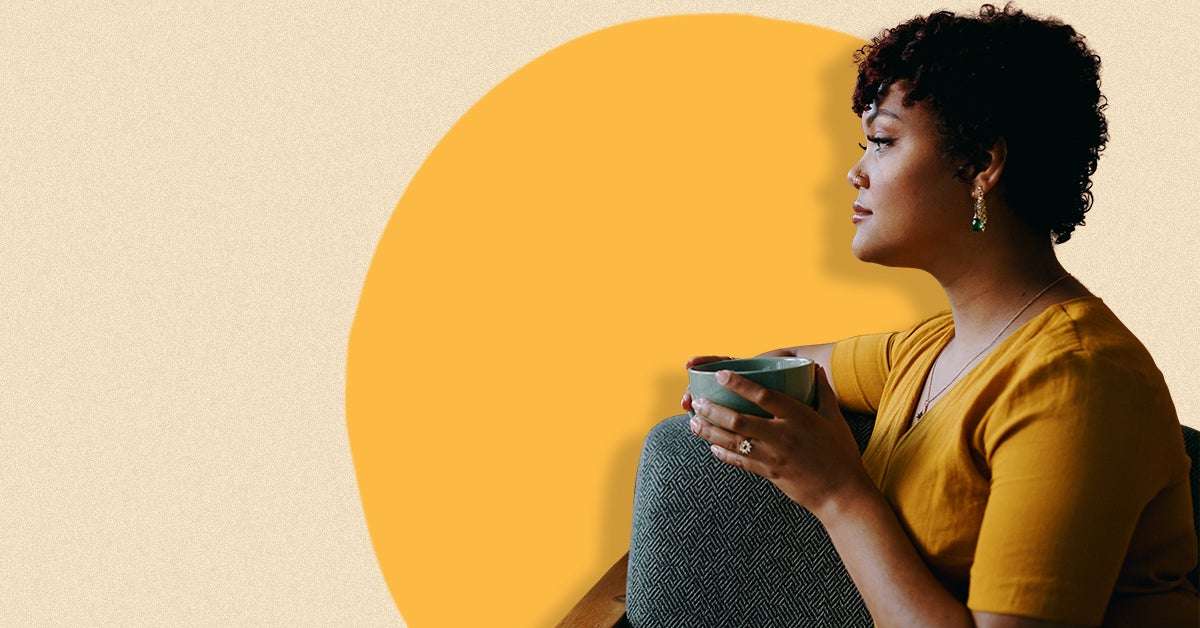Hi there! I’m an aspiring psychotherapist who did not do a psychology degree in their undergrad. Still, I have seen (and worked with psychotherapists) that entered directly into other programs for Master’s that qualify them to practice psychotherapy. I’m wondering what the advantages and disadvantages are of a Master’s of Social Work, Master’s of Ed. in Counselling Psychology, and Master’s of Arts in Counselling Psychology? I’ve scanned psychotherapist profiles from all three educational backgrounds and the fees or breadth of work don’t seem to be too different (I find the fees mostly differ if someone is an actual psychologist).
Key things I’m considering:
-
I’m in Toronto and would like to stay in Toronto/Ontario. These are the list of programs I have seen: http://www.psychotherapyontario.org/training-progams
-
What’s the likelihood of entry for me? I work as an HR Manager so have some experience with employee relations and mental health in the workplace but studied commerce/HR in my undergrad. I’ve been told by a Masters of Arts in Counselling Psych. school I contacted that I would easily be granted entry given my experience/past GPA, but not sure if it’s different for a Master’s of Social Work or Master’s of Education in Counselling Psych.
-
What type of work/issues does each program prepare you to do? Does one program prepare you for different types of issues vs. the other?
-
How versatile is it? I’d like the idea of also consulting in workplaces or institutions – does one program also enable this better than the other?
-
Which program, if any, allows me to seek PhD level education if I was interested in that, given that I don’t have an undergraduate in psychology? What benefit would the PhD route offer?
Thank you in advance for any help and please let me know if this thread should be posted elsewhere.
The rise of psychotherapy in Ontario
The field is an increasingly popular second career option thanks to its diversity and anti-oppressive focus

dickcraft / Getty Images Plus
Psychotherapy as a profession has been around for years along with other types of therapy and counselling. But in Ontario, it has taken much longer for the field to become regulated. Since the establishment of the College of Registered Psychotherapists in Ontario (CRPO) in 2015, and the subsequent declaration of psychotherapy as one of Ontario’s 14 “controlled acts,” demand and interest in the field have skyrocketed.
When the CRPO started, around 2,500 members registered. Five years later, acting registrar Mark Pioro says that number has more than doubled to 8,000. “That doesn’t include other people who use the title but aren’t registered with us,” he says. (Nurses, psychologists or social workers can register as psychotherapists via their own colleges, but do not have to register with the CRPO.)
Demand has been so high that McMaster University recently established a five-term program for people interested in becoming psychotherapists. It launches in fall 2021, and students will earn a masters of science in psychotherapy.
Amy McGrath is the educational director of the Ontario Psychotherapy and Counseling Program (OPC), one of a few programs in the province recognized by the CRPO). She credits the growing interest to the diversity of the practice. “It’s not one size fits all; depending on the modality you train with, there are many tools available,” she says. “That diversity also lends itself to the diversity of people who are seeking mental health services.”
Psychotherapists use a variety of treatments and approaches, including cognitive, behavioural, psychodynamic and somatic therapies.
The field’s diverse models of practice is a huge advantage, McGrath adds, because of how important the therapeutic relationship – or the fit between the therapist and the client – is in terms of best mental health outcomes. “The more diverse practitioners you have, the more access that diverse populations have to finding that fit,” she explains.
Why become a psychotherapist?
People interested in equity and justice are often drawn to the field. Jason Brown, a psychology professor at Western University says an anti-oppressive current runs through counselling practices, including psychotherapy. “Counselling has roots in community service and working with folks who are among the most oppressed,” he says.
Brown notes this angle is especially important looking at the way the COVID-19 pandemic has exasperated problems facing equity-seeking groups. “Where we see the biggest effect on mental health is the economic impact on families. The social restrictions on how we interact have cut people off from a lot of support that they would normally have just in their lives day-to-day,” he explains.
McGrath says that psychotherapy is also an attractive career because of the ability to create your own private practice.
“You really are your own boss, and it becomes an entrepreneurial job and allows for individuals to create that work-life balance,” she says.
What are the drawbacks?
Like many therapy-based professions, Brown notes that psychotherapy can be an emotionally challenging job. “One of the drawbacks is the emotional heaviness of the work,” he says. “There’s a growing emphasis on self-care, because you can get burned out really quickly if you don’t look after yourself.”
McGrath says that it’s common for those going into people-helping professions to be at an increased risk for burnout because many who are drawn to these careers also have a propensity toward caretaking.
“They tend to put themselves lower on the list, so they help their clients first and if their clients have an emergency, they’re there for them,” she says. “You could work seven days a week until midnight if you wanted to, so the challenge of self-care is one you really have to pay attention to.”
How do I become a psychotherapist?
There are currently 19 programs available across Ontario, at both private and public universities, that enable you to become a registered psychotherapist. Expect to make around $60,000 per year starting out, and depending on experience that can get as high as $100,000 a year on average.
Pioro notes many people transition to psychotherapy as a second or subsequent career, and says that some of the educational programs recognized by the CRPO offer part-time training that can be completed while working in another field.
McGrath estimates more than half of the students at OPC are second-career individuals, and says the five-year program is structured so you can train while working. “One of the things we’re looking for is a person’s capacity to look at their experience, what they’ve learned from their various jobs or other kinds of experiences, and know how to draw those into working with people,” she says.
While Brown says that usually isn’t the case at Western, he does notice a lot of new students have been doing what he calls “helping work” for years. “We love having those students, because they already know so much,” he says. “These are folks who have been doing informal counselling for years either as the first priority of their work or a related part of their work.”
Where to study psychotherapy
Adler Graduate Professional School (Toronto) Master of Psychology specializing in Adlerian or trauma psychotherapy, $46,800/program (plus fees). adler.ca
Canadian Institute for Child and Adolescent Psychoanalytic Psychotherapy (Toronto) Diploma for child and adolescent psychoanalytic psychotherapist, $3,500/year (includes fees). cicapp.ca
Centre for Training in Psychotherapy (Toronto) Diploma of the Centre for Training in Psychotherapy, $7,185/year for first two years (plus fees). ctp.net
Gestalt Institute of Toronto (Toronto) Diploma of Completion of the Five Year Training Program in Gestalt Psychotherapy, $4,500/year (plus fees). gestalt.on.ca
Martin Luther University College (Waterloo) Master of Arts in Theology – spiritual care and psychotherapy, $2,714/year (plus fees). luther.wlu.ca
McMaster University (Hamilton) Master of Science in psychotherapy, $7,560/year (includes fees).
psychotherapy.mcmaster.ca
Ontario Association of Jungian Analysts (Toronto) Diploma in analytical psychology, $3,730/semester (includes fees). oaja.ca
Ontario Institute for Studies in Education (Toronto) Master of Education in counselling psychology, $10,070/year (plus fees). oise.utoronto.ca
Ontario Psychotherapy and Counseling Program (Toronto) Diploma in psychotherapy with focus on psychodynamic therapy, $4,500-$5,000/year (includes fees). ontario.psychotherapyandcounseling.ca
Saint Paul University (Ottawa), Master of Arts in Counselling and Spirituality, $7,446.80/year (plus fees). ustpaul.ca
Toronto Art Therapy Institute (Toronto), Graduate diploma in art therapy, $8,000/year (includes fees). tati.on.ca
Toronto Centre for Psychotherapy and Counselling Education (Toronto) Certificate in psychotherapy, tuition TBD. tcpce.ca
Toronto Institute of Psychoanalysis (Toronto) Certificate of graduation as psychoanalyst, $4,000/year (includes fees). torontopsychoanalysis.com
Toronto Institute for Relational Psychotherapy (Toronto) Diploma, $6,600-$9,000/year
(plus fees). tirp.ca
Toronto School of Theology (Toronto) Master of pastoral studies with a spiritual care and psychotherapy certificate, $4,662.43/semester (plus fees). tst.edu
Tyndale University (Toronto), Master of divinity with a counselling major, $12,150/year (includes fees). tyndale.ca
University of Guelph (Guelph), Master of science with a specialization in couple and family therapy, $5,515.34/year (includes fees). family.uoguelph.ca
Western University (London) Master of arts in counselling psychology, $6,164,18/year (includes fees). edu.uwo.ca
Yorkville University (Online) Master of arts in counselling psychology, $37,730/ program (includes fees). yorkvilleu.ca
@juliajmastro
> ![]()
Growing up I always wanted to be a therapist or a teacher. I chose teaching but still regret not pursuing therapy, specifically talk therapy/psychotherapy.
I’ve been trying to look into the schooling required to become a therapist in Ontario and I find it quite confusing. I was also looking at the issues with taking certain psychotherapy programs but then struggling to find clients due to the lack of coverage from OHIP. Does anyone have advice on a program to become a therapist that would be recognized and covered by benefit plans. My worry is that I would complete a program but then struggle to find clients. My goal would be to offer therapy sessions to children after school or during my summer months. If the pay was decent I would drop to teaching part time.
Any advice is greatly appreciated!




